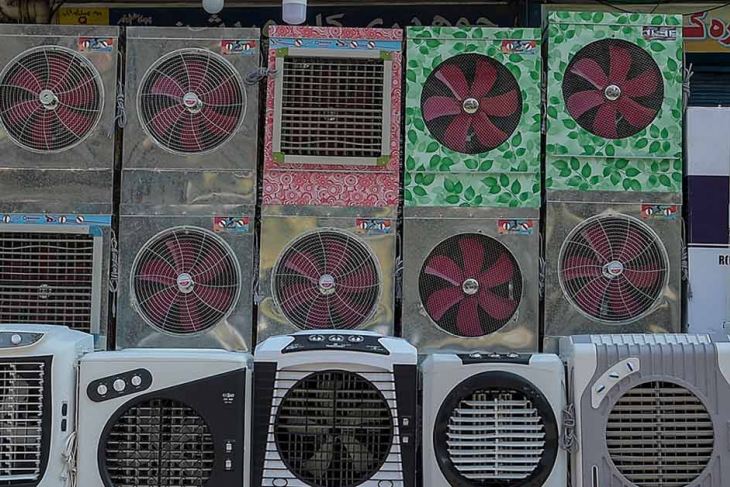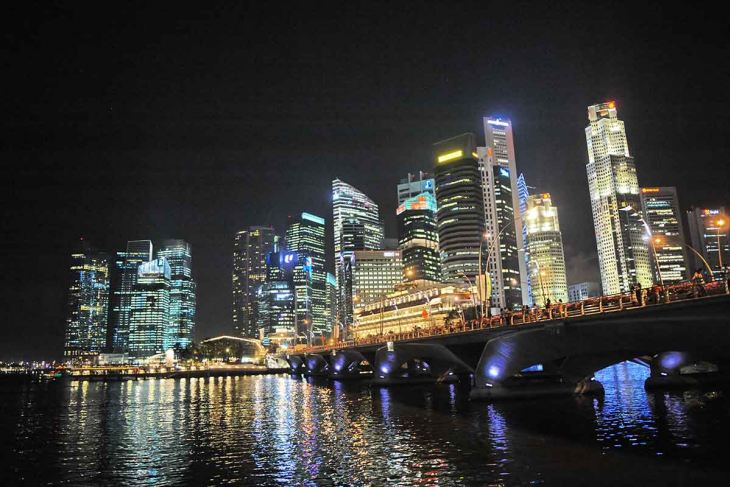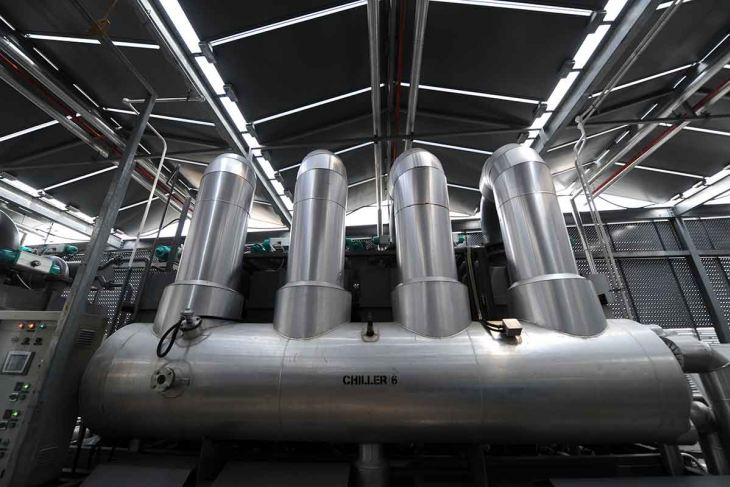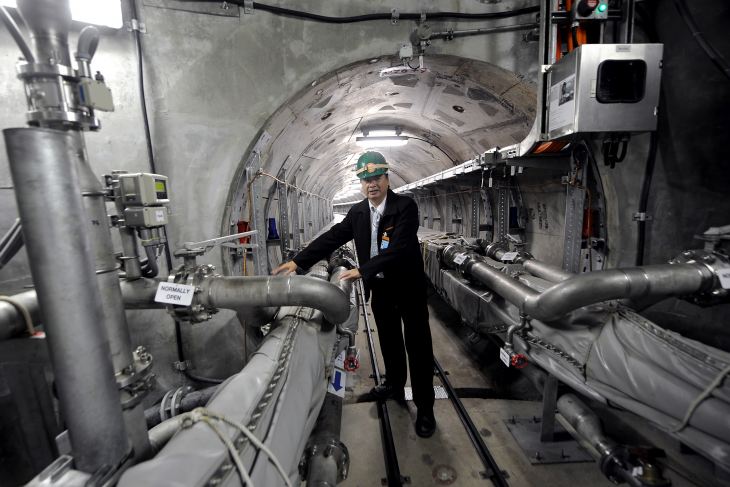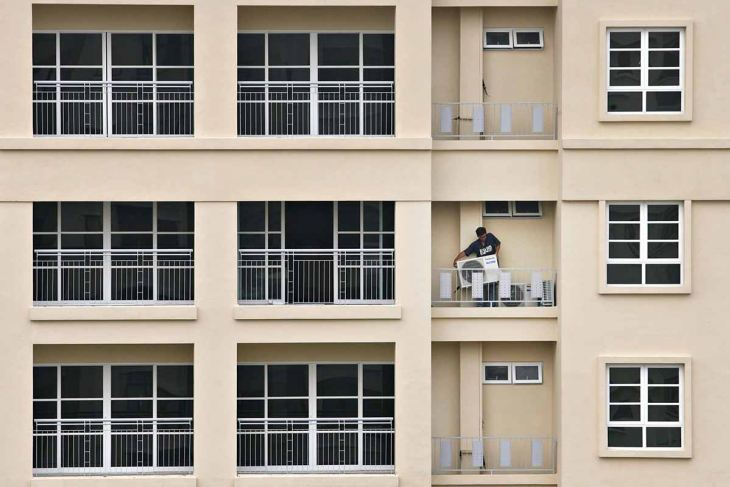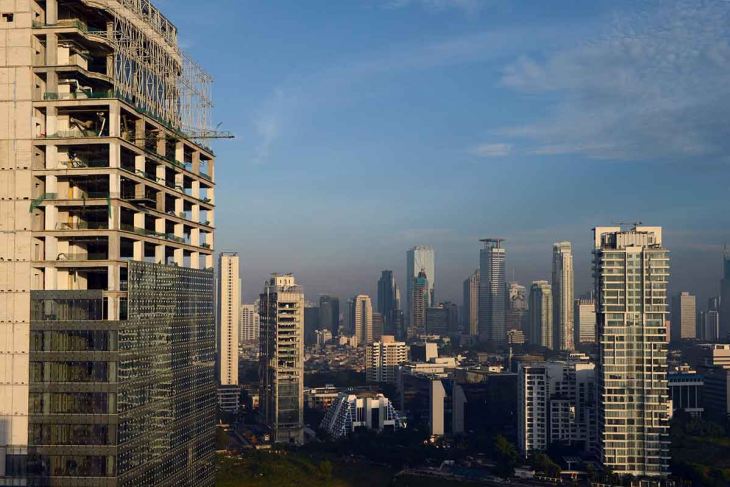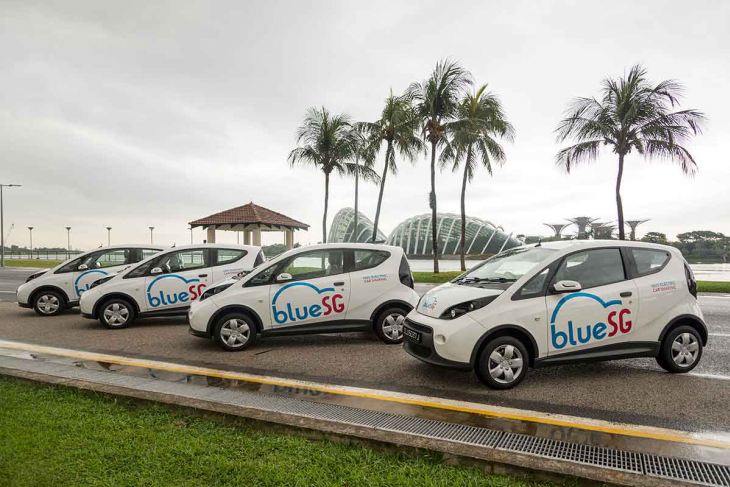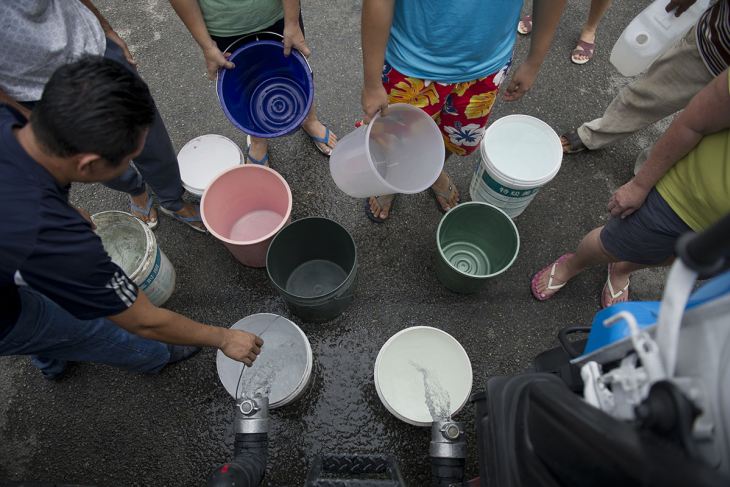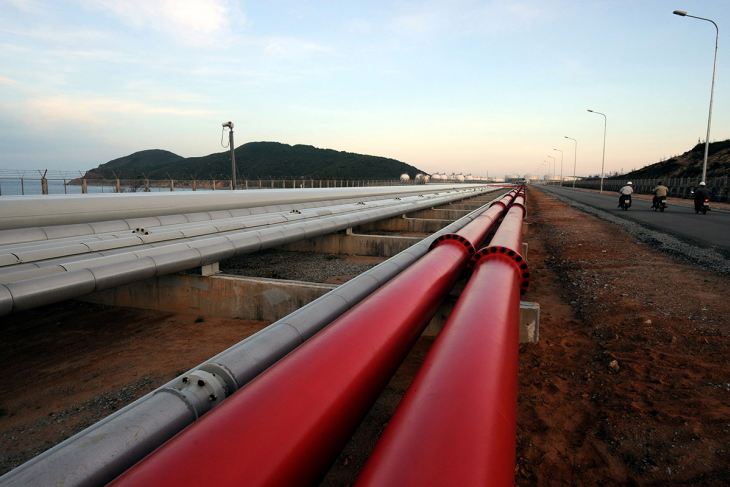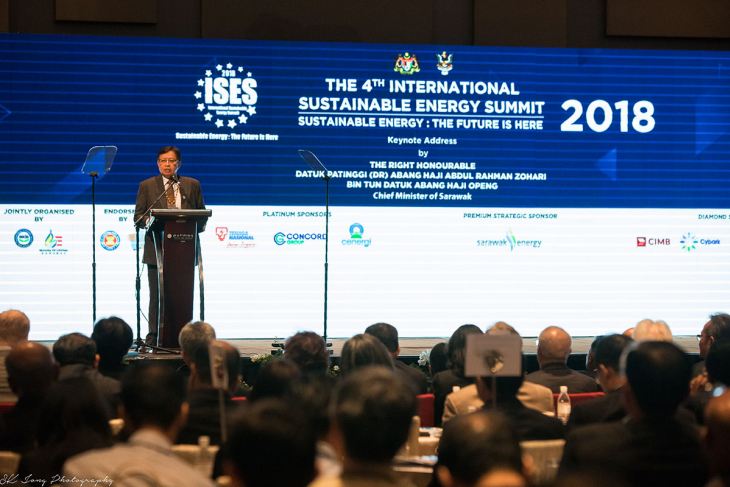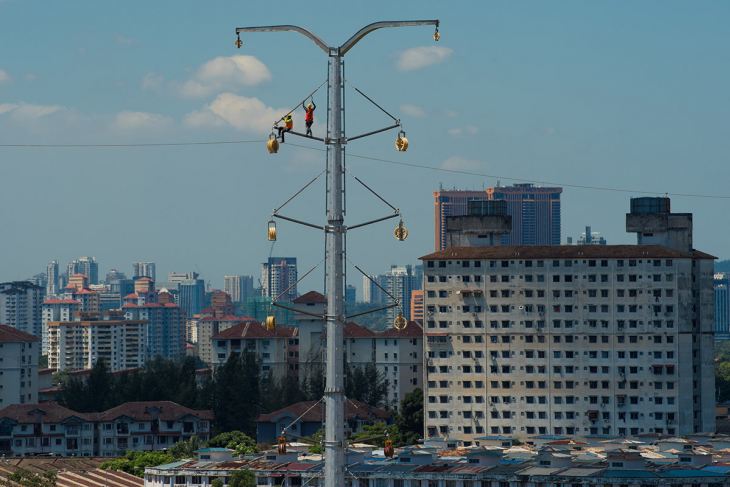The Rising Demand For Air Conditioners
Around the world, scorching heat waves are breaking records, with France reaching a sweltering 45.9 degrees Celsius and Australia hitting 49.5 degrees in 2019. This year, it was reported that Siberia experienced a period of unusually high temperatures for the first six months of 2020 – including a record-breaking 38 degrees Celsius in the town of Verkhoyansk last June.
